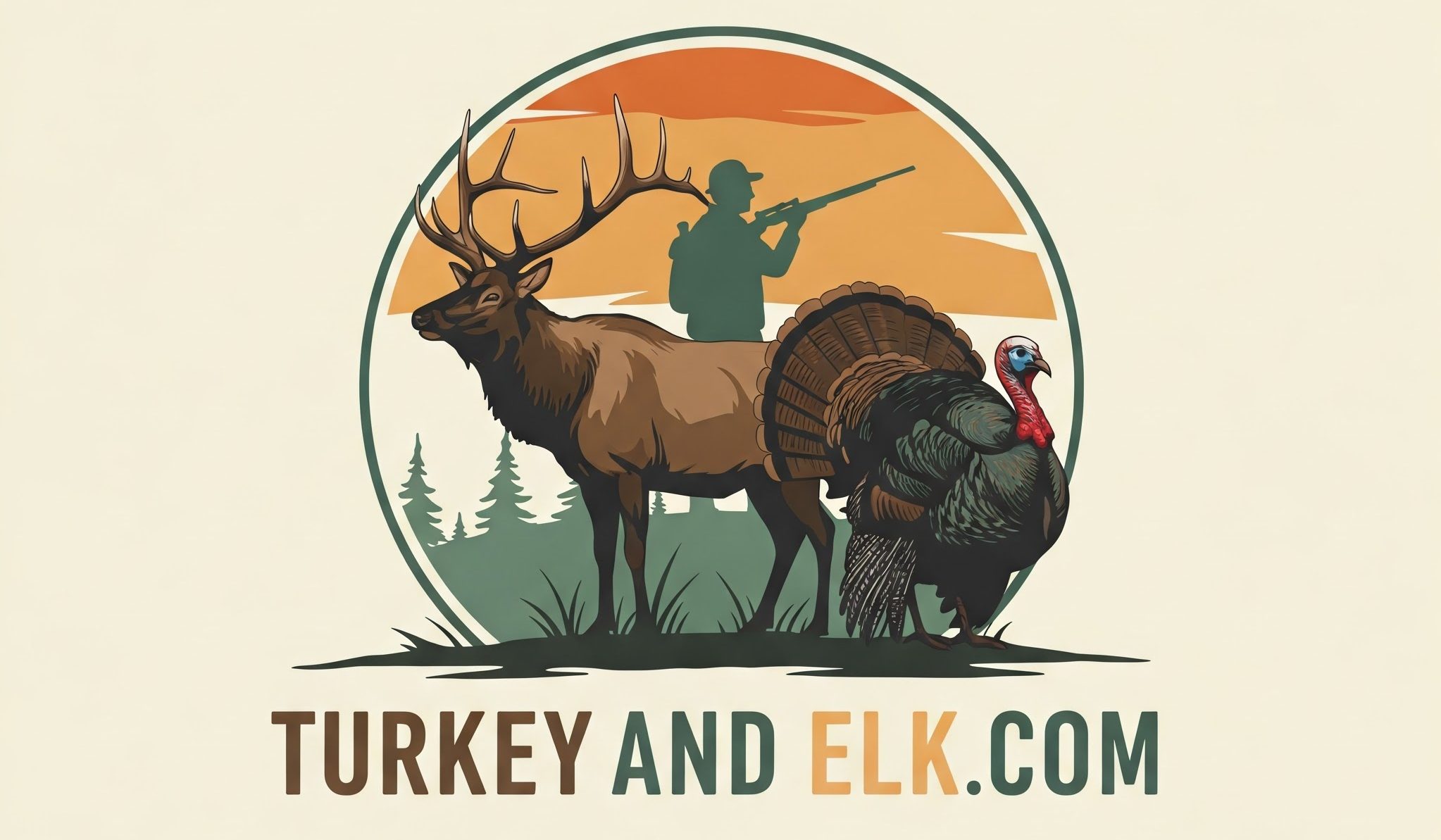Interactive Maps
Our interactive maps provide detailed geographic information to enhance your hunting experience with location-specific knowledge. Explore subspecies ranges, hunting seasons, and calling strategies tailored to your exact hunting location.
How to use the interactive map:
- Use the layer controls in the top right to toggle different data layers on and off
- Select a map type from the dropdown menu to focus on specific information
- Click on any feature (subspecies range, marker, state) for detailed information
- Switch between standard map and satellite view for different perspectives
Turkey Subspecies Ranges
Explore the geographic distribution of the five turkey subspecies across North America. Click on any region to learn about the specific calling strategies and product recommendations for that area.
Eastern Wild Turkey
Range includes the entire eastern half of the United States from Maine to northern Florida and west to Michigan, Missouri, and parts of Texas.
Primary States: Alabama, Georgia, Kentucky, Missouri, New York, Ohio, Pennsylvania, Tennessee, Virginia, West Virginia
Osceola (Florida) Turkey
Found exclusively in the Florida peninsula, with a range extending from just south of Tampa northward to approximately Jacksonville.
Primary Areas: Central and southern Florida peninsula
Rio Grande Turkey
Native to the central plains states and extends into parts of Mexico. Found throughout Texas, Oklahoma, Kansas, and parts of New Mexico, Colorado, and Nebraska.
Primary States: Texas, Oklahoma, Kansas, Colorado, Nebraska
Merriam’s Turkey
Native to the mountainous regions of the western United States, primarily in ponderosa pine forests at elevations between 3,500 and 10,000 feet.
Primary States: Arizona, Colorado, Idaho, Montana, New Mexico, South Dakota, Utah, Wyoming
Gould’s Turkey
Found in the southwestern United States and Mexico, primarily in the mountain ranges of southern New Mexico, Arizona, and throughout the Sierra Madre Occidental of Mexico.
Primary Areas: Southern Arizona, New Mexico, northern Mexico
Elk Subspecies Distribution
Explore the geographic distribution of elk subspecies across North America. Click on any region to learn about specific bugling techniques and product recommendations optimized for that area.
Rocky Mountain Elk
The most widespread subspecies, occupying most of the western United States and western Canada, from northern New Mexico and Arizona through Colorado, Utah, Wyoming, Idaho, Montana, Washington, Oregon, and into Alberta and British Columbia.
Primary States: Colorado, Wyoming, Montana, Idaho, Utah, Oregon, Washington
Roosevelt Elk
Native to the coastal rainforests of the Pacific Northwest, from northern California through Oregon and Washington, and into British Columbia.
Primary States: Oregon, Washington, Northwestern California
Tule Elk
Found exclusively in California, primarily in the central and northern parts of the state. Once nearly extinct, now managed in isolated populations.
Primary Areas: Central and Northern California
Manitoban Elk
Found in the northern central United States and into central Canada, including parts of Minnesota, North Dakota, Manitoba, and Saskatchewan.
Primary Areas: Minnesota, North Dakota, Manitoba, Saskatchewan
Public Land Hunting Opportunities
Find public hunting areas across the United States, with details on subspecies present, terrain features, and recommended calling techniques for each location.
Season Dates by Location
Interactive calendar showing hunting season dates for turkeys and elk across different states and regions. Plan your hunts for optimal timing based on location-specific data.
Success Rate Heat Maps
Visualize hunting success rates across different regions based on anonymized hunter data. Identify promising areas and understand how our region-specific calls can improve your odds.
Find Your Perfect Call
Use our interactive map to select your hunting location and receive customized call recommendations specifically tuned for the subspecies in that region.
